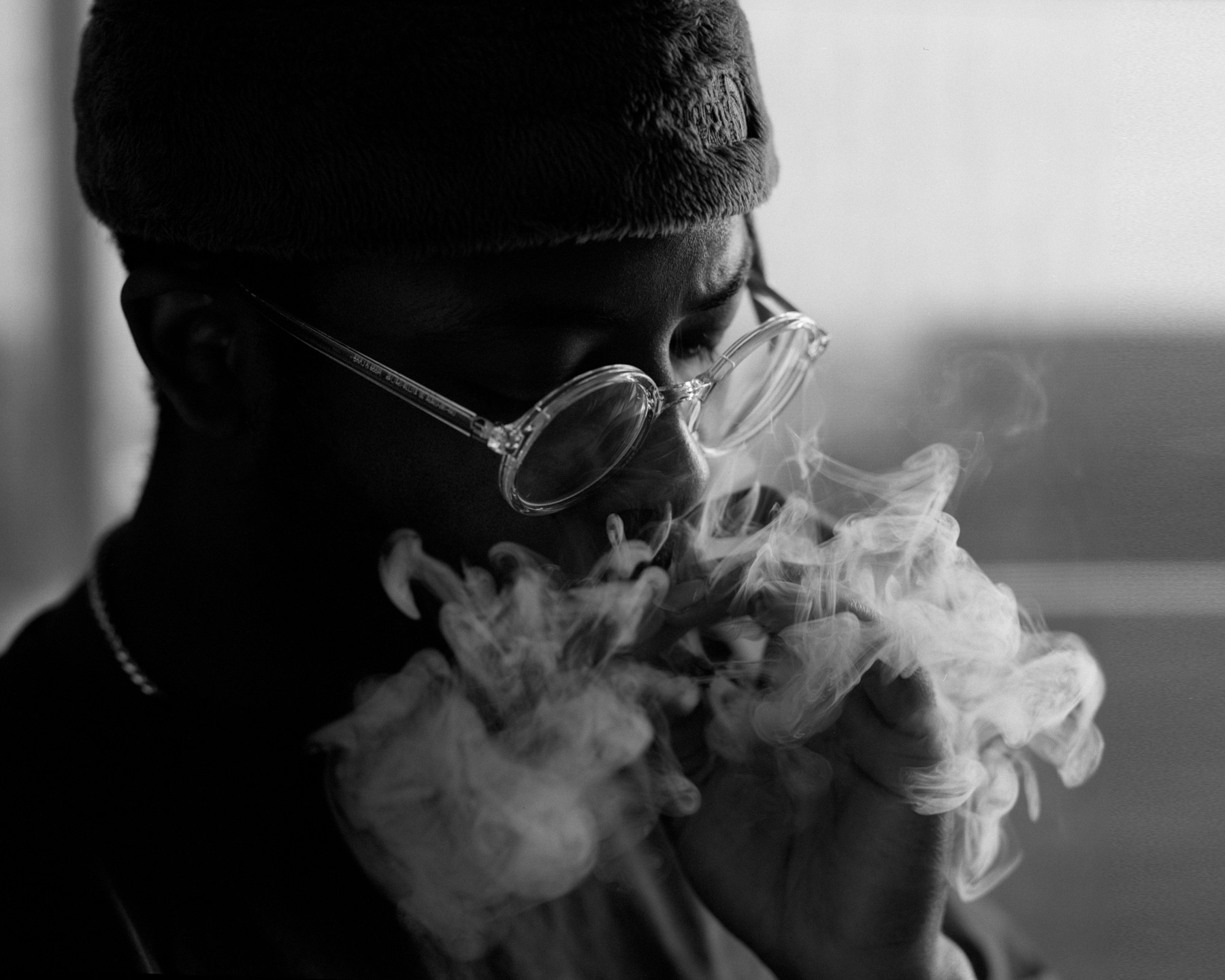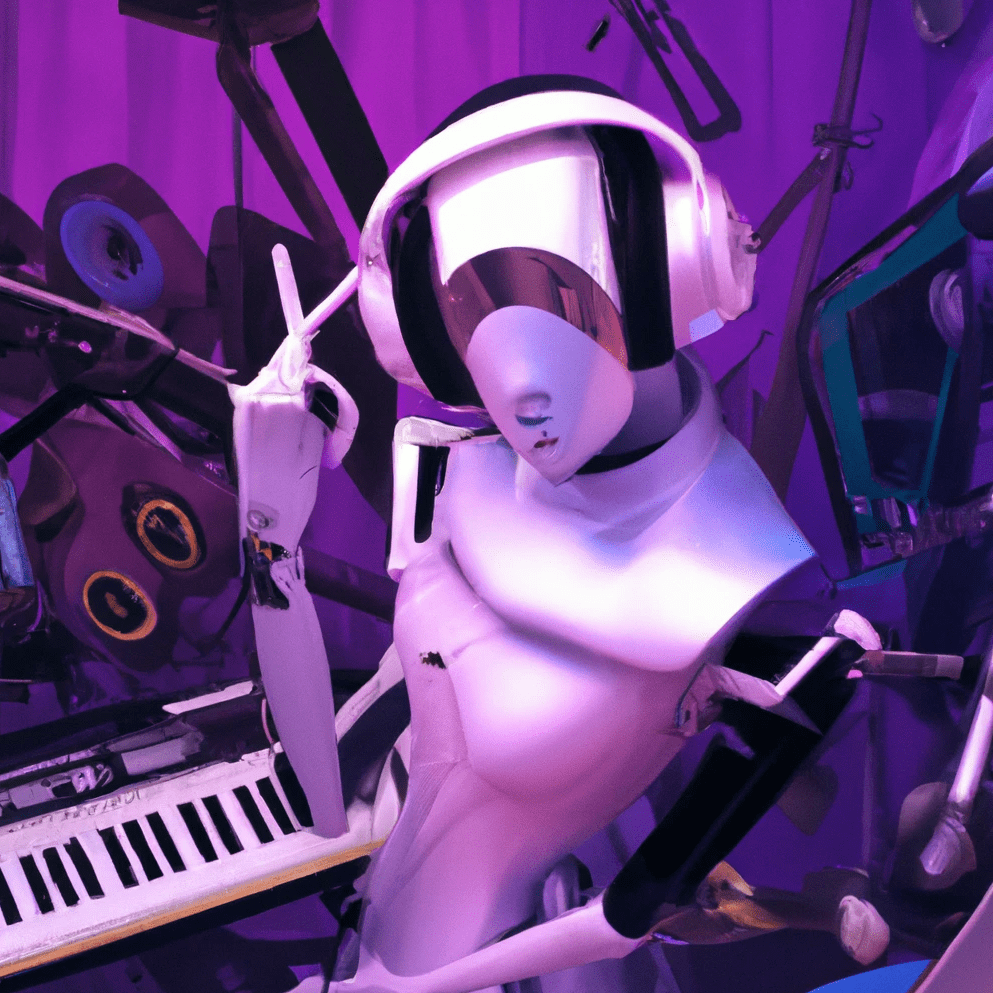Who made the first beat tape?
When I asked this simple question, I wasn’t ready for the avalanche of enthusiastic responses, with people shouting out everyone from legendary Hip Hop producers, to up and coming home-studio rats, to underground veterans that had carved out a legacy far from the eyes of mainstream tastemakers. I shouldn’t have been surprised, because while emcees have spent the past decade gravitating either towards energetic, dancefloor ready Trap or cinematic, near-drumless art rap that emphasizes their storytelling, countless Hip Hop fans, DJs and producers have been sharing their passion for Hip Hop’s roots in the form of beat tapes: collections of short, rapper-ready instrumentals that nevertheless stand on their own. That this format has taken a corner of the world by storm however, was far from preordained.
While a portion of Hip Hop producers have always insisted on making bespoke beats for specific emcees – the legendary DJ Premier most notably – by the mid 90s, Hip Hop’s creative process began to compartmentalize, with producers creating backing tracks ahead of time as demos for artists to then write lyrics to. As such, beat tapes started out as just that – cassette tapes full of instrumentals for interested rappers to evaluate, all ahead of going to the studio to create fully fledged songs. They were never meant for the general public, with both producers and labels assuming there’d be a lack of commercial interest in collections of brief loops. Instead, instrumental Hip Hop found outlets in either party-starting DJ tools by DJs like Kenny Dope or cerebral, layered instrumental opuses by acts like DJs Shadow and Krush. The latter found particular success as full-fledged albums under the Trip Hop banner, marketed towards listeners intrigued by the technicolor possibilities of Hip Hop’s sampling ethos, but turned off by the genre’s aggression. Nevertheless, while Trip Hop provided a necessary bridge between the art rock and Hip Hop worlds, it almost always lacked the immediacy and sparseness of rap’s instrumental b-sides, often compensating for a lack of emcees with additional samples or soloists. And though commercially released beat tapes would begin to slowly trickle out courtesy of small independent labels, It would take a genius’ triumph and tragedy to bring the format to the masses.
Much has been written about James Dewitt Yancey (AKA Jay Dee AKA J Dilla) since his passing, but for our purposes what’s most important is that Dilla was an incredibly prolific producer with a network of devoted fans and patrons but without an industry outlet for most of his work. This translated to countless beat tapes traded among names from Q-Tip to Busta Rhymes, many of which survive today on Youtube. While Dilla was equally comfortable crafting warm, big budget backing tracks for acts like Common or The Roots, it was these tapes jam packed with 2-minute loops that made him a cult hero to music fans turned off by the plasticity of Hip Hop production in the mid 2000s. This ensured that the commercial release of Donuts, his final beat tape dropping 3 days before his untimely death from several long-term medical conditions, would become ground zero for the beat tape movement’s meteoric rise. At first, few people knew what to make of Donuts – as an album it was unwieldly, a seemingly ADD-addled series of beats with no underlying concept.
Upon close-listening however, Dilla had both created a grand artistic statement reflecting on his own life and death, as well as an incredible collection beats, many of which would go on to power incredible songs by Ghostface Killah, MF DOOM and more. The album’s success and boldness inspired not only close collaborators such as Madlib but a generation of disciples, from future Grammy winner Flying Lotus to A-alikes half a world away including France’ DJ Mehdi, London’s Paul White, and Glasgow’s Hudson Mohawke. As the technology behind sampler-sequencers and laptops improved, beatmakers also found outlets for live performances at events such as Los Angeles’ now-legendary Low End Theory nights and events at London’s Plastic People, and today beat showcases such as Loop Sessions take place worldwide from Montreal to Melbourne, providing beat heads with countless opportunities to showcase their work, both physically and online.
From a practical way to showcase demos to the foundation for some of the most exciting music this century, beat tapes have come a long way while still remaining raw displays of instrumental prowess. Today, far from traded dubs passed along in secret, the beatmaking scene supports a lively economy, mostly on Bandcamp, with both physical releases and downloads offering options to support creators directly. Producers like Knxwledge have 100+ tapes available for purchases, while names like Tuamie, Onra, Dibiase, Linafornia and more have built entire careers without the aid of emcees or traditionally sequenced albums. While most producers continue to collaborate with vocalists, instrumental albums can offer a far more reliable revenue stream, requiring less time, energy and resources to mix than a full vocal project. They also offer more artistic freedom, and more immediate return, as the process for monetizing a beat tape is relatively straightforward. An established producer can knock out a tape, mix and master it himself and release it to Bandcamp almost immediately. Physical releases meanwhile, whether on vinyl or cassette or CD, can bring in additional revenue with only additional mastering and manufacturing costs to factor in. Compared to working with an emcee, negotiating with a label and only seeing returns after an extended delay, it’s a far more effective revenue stream.
Conversely, the movement has also led to countless ready-made “lo-fi” beats flooding Youtube channels and streaming playlists for those seeking predictable mood music in bulk rather than artistic experimentation. With a robust, supportive community fueling a cascade of dynamic releases however, beat tapes are nevertheless set to continue setting the pace for left of center Hip Hop, with or without mainstream support.






